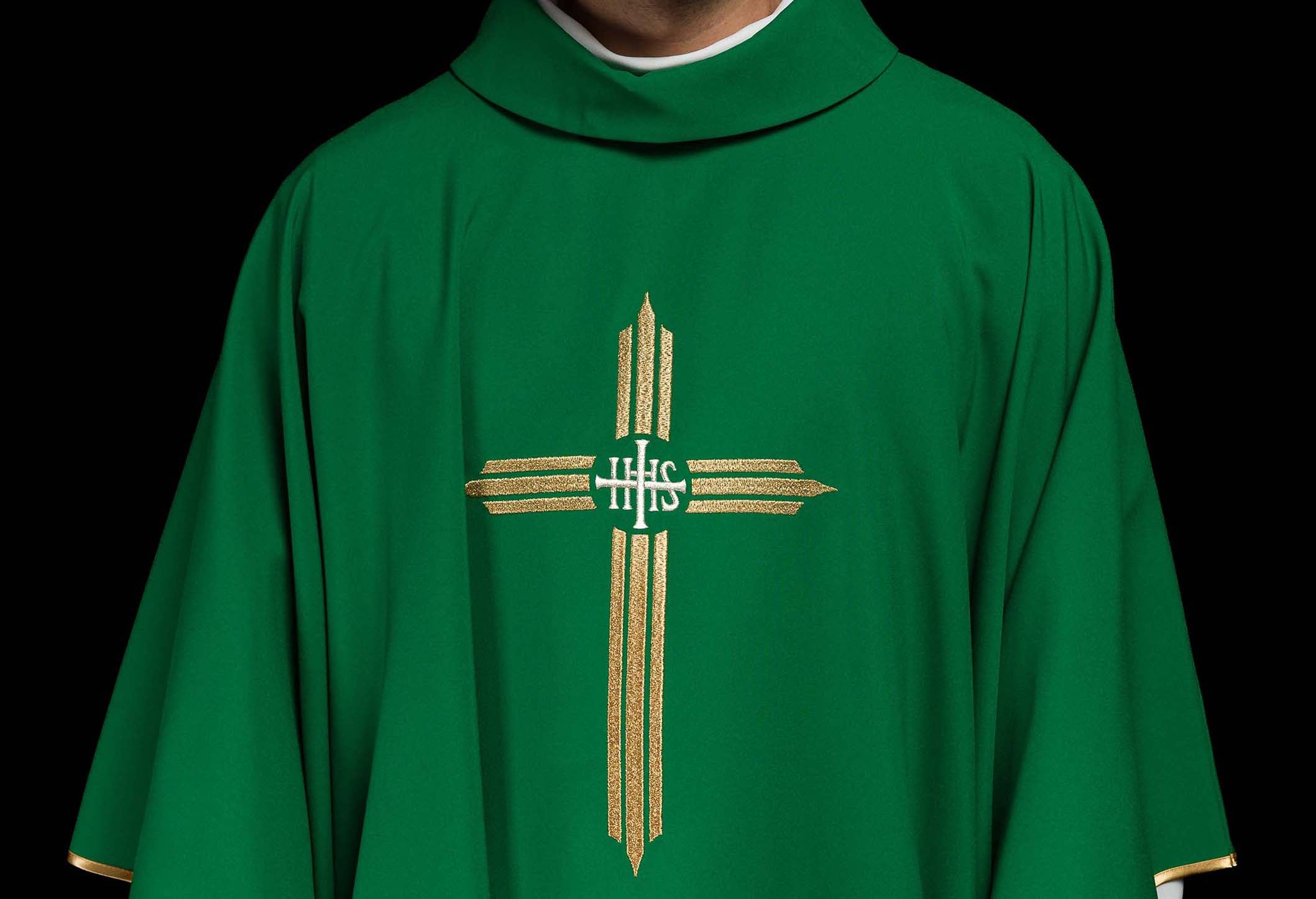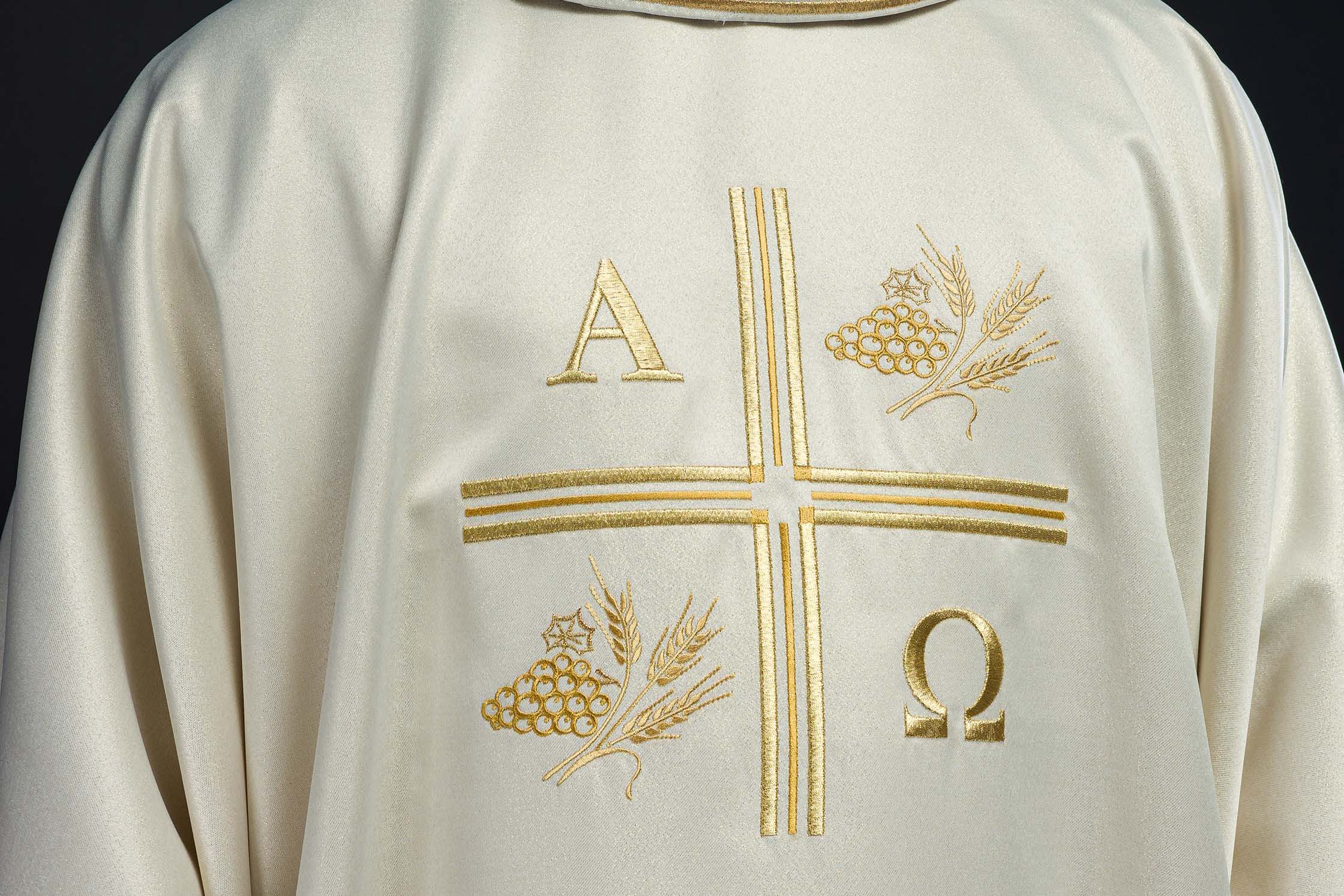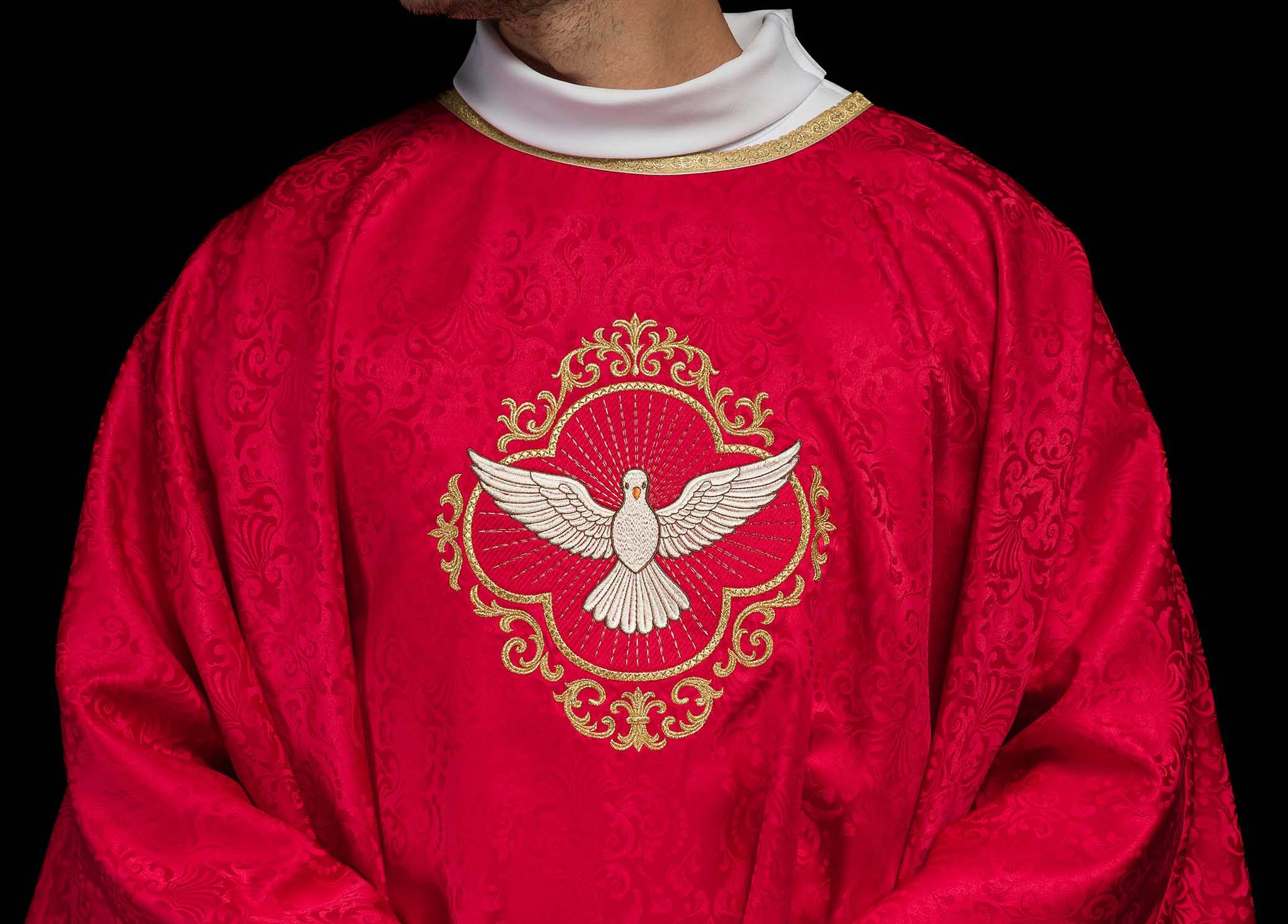
Liturgical Calendar vs. Parish Event Planning
Liturgical Calendar and Parish Event Planning
Efficient organization of parish life is quite a challenge, requiring not only commitment but, above all, good planning. A key element that should form the foundation of every parish activity schedule is the liturgical calendar. Understanding its cyclical nature, the significance of individual periods, and holidays is essential for the initiatives undertaken to be not only well-organized but, above all, aligned with the spiritual dimension of the community of believers.
Understanding the Cycle of the Liturgical Year
The liturgical year is not just a sequence of dates but primarily a rhythm that sets the spiritual path of the Church. It begins on the first Sunday of Advent and lasts until the Solemnity of Christ the King of the Universe. Its structure is based on the commemorations and celebrations of key events in the life of Jesus Christ, the life of Mary, and the saints. When planning parish events, we should always keep this overarching order in mind.
Advent Season – A Time of Preparation and Quiet
Advent is a period of waiting for the birth of Jesus, characterized by quiet, reflection, and penance. Parish events during this time should emphasize this character. Christmas wafer gatherings, communal carol singing, or Advent retreats are excellent initiatives that help the faithful prepare for Christmas. One should avoid organizing noisy and secular events at this time, which could distract from the spiritual dimension of Advent.
What Events Best Fit Advent?
The ideal events during Advent are those that focus on spiritual preparation and community building. These may include:
- Rorate Masses with the participation of children and adults.
- Advent retreats led by invited guests.
- Communal carol singing.
- Christmas wafer gatherings for various parish groups (altar servers, choirs, rosary groups).
- Bible evenings dedicated to the theme of Christmas.
- Charitable activities, such as "Noble Box" or collections for those in need.
- Exhibitions of Christmas nativity scenes.
Christmas and the Christmas Season – Joy and Celebration
Christmas is the peak of the liturgical year, the time of Jesus' birth, full of joy and celebration. The Christmas Season lasts until the Feast of the Baptism of the Lord and is an opportunity to continue celebrating this mystery. When planning events, one should remember the solemnity of this time. Shepherd's Masses, family services, missionary caroling, but also traditional Nativity plays are events that fit into this special period. It is worth remembering the liturgical context – e.g., the selection of appropriate liturgical vestments by the clergy, such as ornate chasubles in white or gold, emphasizes the solemn character of the celebrations.
Suggestions for Events in the Christmas Season
The joyful character of this period favors the organization of various initiatives:
- Solemn Masses with the participation of the faithful.
- Parish gatherings with refreshments after services.
- Concerts of carols and pastorals.
- Nativity plays for children and youth.
- Pastoral visitations – pastoral visits to homes.
- Missionary activities related to the message of Christmas.
- Joint outings or parish trips, e.g., to a nativity scene in another church.
Ordinary Time – A Time of Spiritual Growth and Current Activities
Ordinary Time is the longest period in the liturgical year, divided into two parts: from the Baptism of the Lord to Ash Wednesday and from the Monday after Pentecost to the Saturday before the first Sunday of Advent. It is a time of focus on the teachings of Jesus, his miracles and healing, as well as on building community and spiritual growth. Events during this period may be formative, educational, and community-building in nature.
What Initiatives Can Be Undertaken in Ordinary Time?
This time opens up a wide field for organizers of parish events:
- Formative meetings for various age groups.
- Catechesis for adults, discussing various aspects of faith.
- Bible and theological courses.
- Prayer meetings, e.g., evenings of adoration, novenas.
- Charitable activities and volunteering.
- Sports and recreational activities for youth and families.
- Sightseeing tours and pilgrimages to holy places.
- Conferences and lectures on religious and social topics.
- Days of recollection for specific professional or interest groups.
- Parish meetings integrating the community.
Lent – A Time of Penance and Conversion
Lent, beginning on Ash Wednesday, is a time of intense reflection on the Passion of Jesus, a time of penance, conversion, and preparation for Easter. Events during this period should emphasize its penitential character. Stations of the Cross, Lenten lamentations, Lenten retreats, but also charitable actions, such as Lenten almsgiving, are an integral part of this period. During this time, priests often use liturgical vestments in purple, symbolizing penance and waiting.
Important Events in Lent
This period requires a special approach to organization:
- Daily or weekly Stations of the Cross and Lenten Lamentations services.
- Lenten retreats with teachings and confessions.
- Formative meetings focused on the themes of penance and conversion.
- Charitable actions supporting the poor, e.g., food collection.
- Lenten conferences and catechesis.
- Adoration of the Blessed Sacrament.
- Days of recollection for parish groups.
Paschal Triduum and Easter – Culmination of the Liturgical Year
The Paschal Triduum (Holy Thursday, Good Friday, Easter Vigil) and Easter Sunday are the absolute peak of the liturgical year. Events during this time focus on the mystery of redemption. Planning should be very precise to allow the faithful to fully participate in these most important celebrations. One should remember the appropriate liturgical vestments – white and gold for Easter, and black or red for Good Friday.
How to Celebrate the Triduum and Easter?
The central point is, of course, the liturgies:
- Mass of the Lord's Supper on Holy Thursday.
- Liturgy of the Lord's Passion and Adoration of the Cross on Good Friday.
- Easter Vigil on Holy Saturday – the most important celebration of the year.
- Solemn Masses on Easter Sunday and during the Octave of Easter.
- Parish gatherings, Easter festivals.
- Blessing of food on Holy Saturday.
- Quo Vadis – events for youth.
The Influence of the Liturgical Calendar on the Organization of Other Parish Events
The liturgical calendar should be a compass not only for strictly religious events but also for all kinds of formative, cultural, or integration meetings. When planning, for example, a parish festival, it is worth choosing a date outside of the more important holidays and penitential periods, so as not to disrupt the spiritual dimension of the liturgical year. When organizing a collection for those in need, it can be linked to a specific period, such as Advent or Lent, thus emphasizing its spiritual dimension.
Matching Dates
Before setting the date of an event, you should always check whether it conflicts with:
- The most important church holidays (Christmas, Easter, Pentecost).
- Penitential periods (Advent, Lent, Christmas Season – when it comes to noisy parties).
- Important liturgical events in the diocese or parish (e.g., visit of the bishop, ordinations of deacons/priests, parish patronal feasts).
- Periods of increased pastoral work (e.g., pastoral visits).
Using the Specificity of Periods
Each liturgical period has its own specificity, which can be used to organize thematic events. For example, during Ordinary Time, when we focus on the teachings of Jesus, we can organize Bible meetings or catechesis. During Advent, where the emphasis is on waiting, retreats and communal carol singing will work great. Even the pastoral visit fits into the context of the liturgical year as a form of evangelization and building relationships.
Practical Tips for Organizers
To ensure that parish event planning is effective and in accordance with the liturgical calendar, it is worth following a few practical principles:
Creating an Annual Schedule
The key to success is to create an annual schedule that takes into account all the fixed points of the liturgical year, parish patronal feasts, as well as proposed dates for other events. Such a document makes it possible to avoid conflicts of dates and ensure the consistency of actions.
Consultations with Pastors
It is always worth consulting plans with the pastors of the parish. Their knowledge of current pastoral needs and the liturgical calendar is invaluable. Clergy can also help in choosing the appropriate liturgical vestments or decor elements that will emphasize the character of a given period.
Community Involvement
Event planning should take into account the needs and possibilities of various parish groups. It is worth asking the faithful about their expectations and proposals, as well as involving them in the organization. This builds a sense of co-responsibility for the life of the parish.
Flexibility
Despite the best plans, it is always worth maintaining some flexibility. Unforeseen circumstances may require changes in the schedule. It is important to be able to adapt to them and continue to carry out the evangelizing mission of the parish.
Use of Liturgical Symbolism
It is worth remembering the aesthetics of parish events. Appropriately selected liturgical vestments, such as ornate chasubles or stoles, decorations of the church and parish halls, can emphasize the uniqueness of a given liturgical period and build a solemn atmosphere. A store like haftinausa.com offers a wide selection of high-quality products that will certainly help in creating the right atmosphere.
Summary: The Liturgical Calendar as a Guide
The liturgical calendar is not only a time frame for holidays and church periods but, above all, a spiritual guide that gives meaning and purpose to all parish activities. Scheduling events in accordance with the rhythm of the liturgical year allows for deepening faith, building community, and bearing witness to Christ in a way that is authentic and in accordance with the teachings of the Church. Let us remember that every parish initiative should be an opportunity to strengthen the bond with God and between people, and the liturgical calendar provides the best guidance for this.
```




